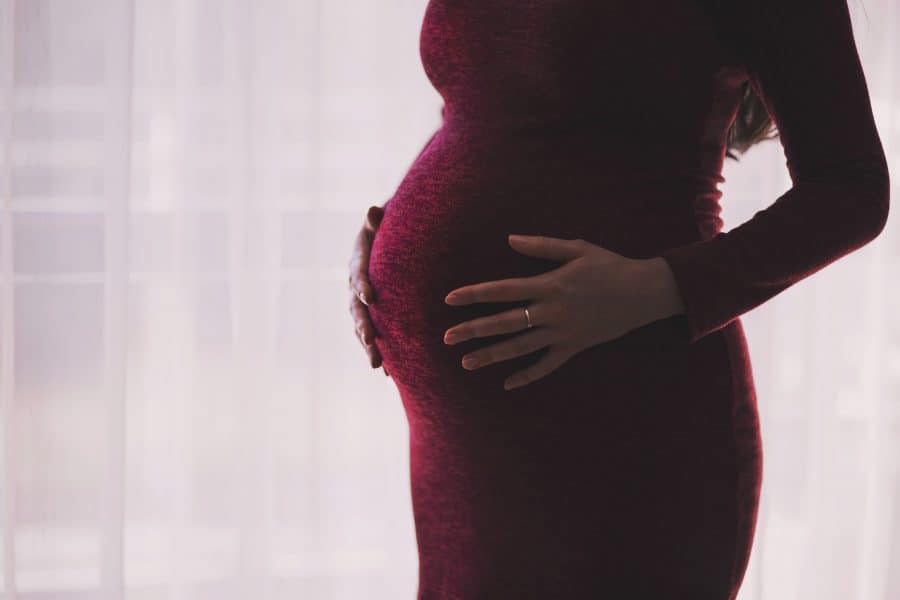On January 1, 2015, the new Illinois Pregnancy Accommodation Act went into effect and gives Illinois employees a wealth of fantastic protections.
It’s an important law and a hard-fought victory for the groups, including Women Employed, who lobbied for its passage. The Act, which amends the Illinois Human Rights Act, provides greater protections for pregnant women than the federal Pregnancy Discrimination Act does. For example, the law applies to employers of any size and protects both full and part-time employees during their pregnancy and post-partum periods.
The law requires employers to accommodate pregnant employees unless doing so would be an undue hardship whether or not the pregnancy actually disables the mother. This is an important distinction. Pregnancy, by itself, is entitled to accommodation in Illinois whereas federal law only grants accommodations to women whose pregnancies are disabling, i.e. making them ill enough to the point that they cannot do their job without the accommodation.
The Illinois Act lists some examples of potential reasonable accommodations including:
–more frequent bathroom breaks
–assistance with manual labor
–modification of equipment
–part-time or modified work schedule.
The Act also says that if an employer has provided the sought-after accommodation to a non-pregnant employee there will be a presumption that doing so is reasonable. This would seem like common sense but this provision was put in there to address an issue that the Supreme Court is currently considering in Young v. UPS.
In Young, UPS (who perhaps should be nominated for the world’s worst employer) refused to provide light-duty work to a pregnant employee who regularly lifted heavy packages and could no longer do so safely. Despite the fact that it regularly provided light-duty work to non-pregnant employees who were injured on the job and non-pregnant employees who lost their DOT certification and could not drive, UPS argued that its policies were not discriminatory and that it should not have to afford these courtesies to pregnant employees. The Supreme Court will issue its decision in Young in the next few months. Meanwhile, thankfully, Illinois employees (at least going forward) won’t have to worry about the problem in Young because if they are pregnant they are entitled to an accommodation. And, if the Supreme Court agrees with UPS inYoung, we hope that Congress will consider a legislative fix by amending the PDA to provide similar protections as to what Illinois has already given its employees.
**We will keep you posted on the developments in Young.



